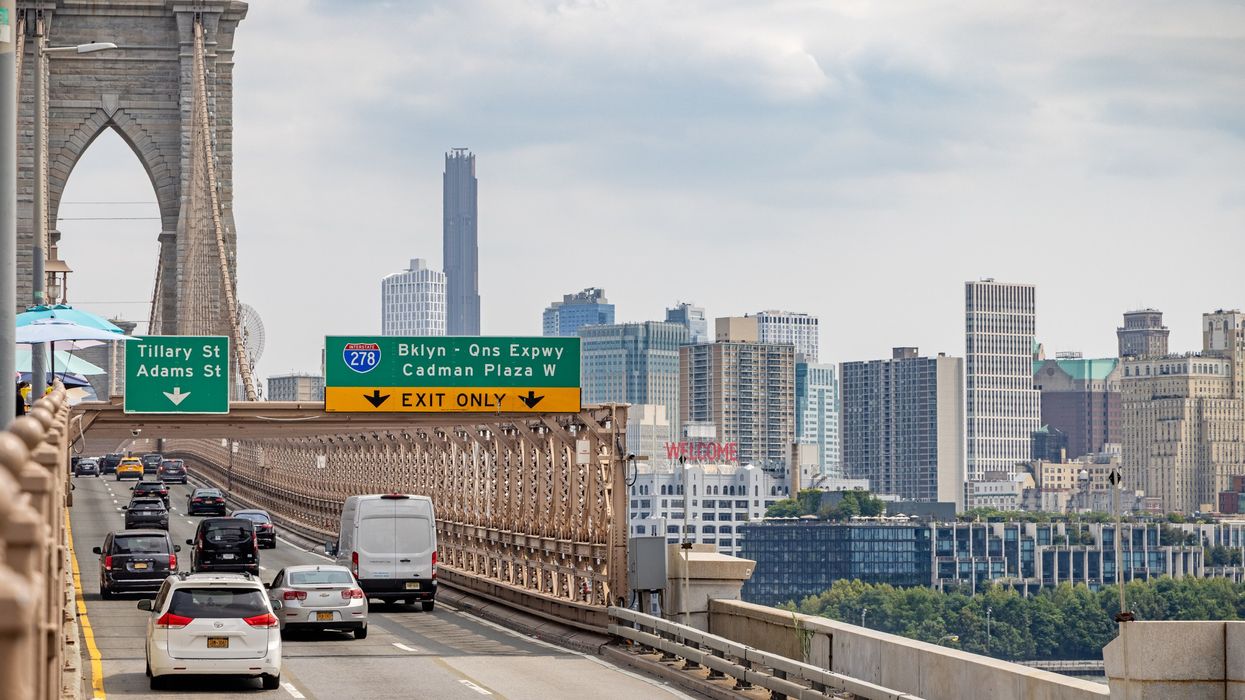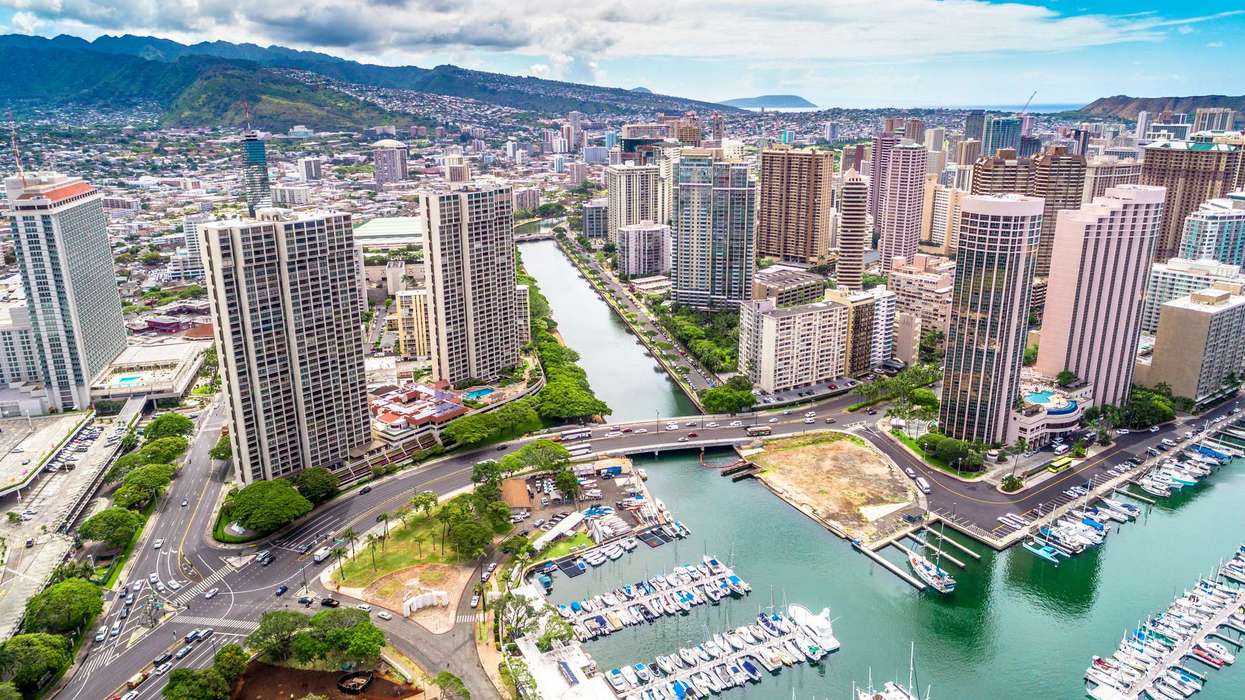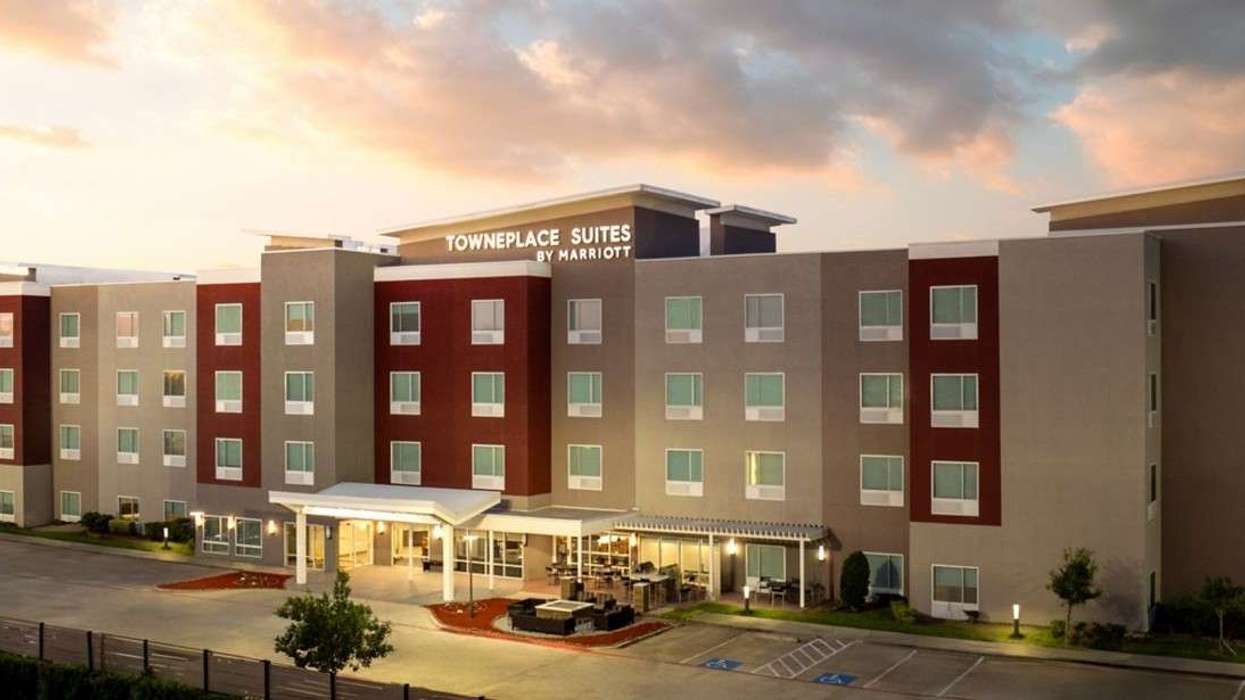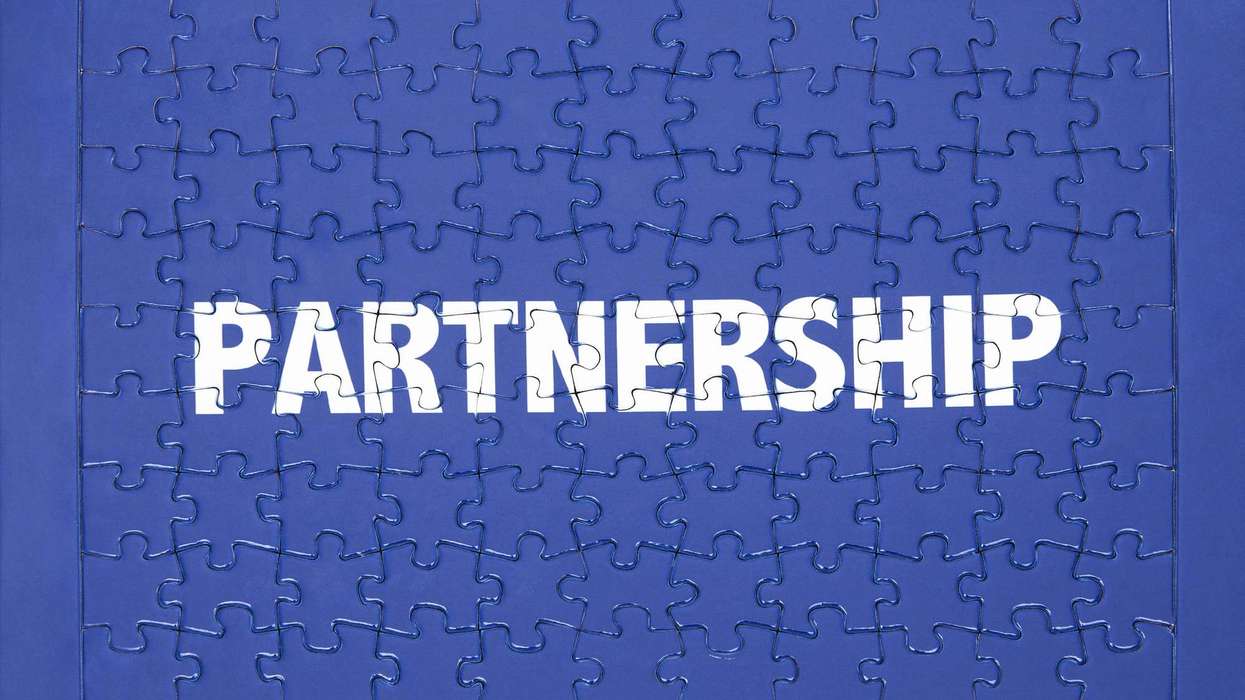APPROXIMATELY 75 PERCENT of Americans plan to take road trips this summer, with about 33 percent intending to travel more than 250 miles from home, according to a recent study by WalletHub. However, choosing an affordable travel destination is challenging due to higher gas prices, currently averaging over $3.45 per gallon nationwide, and increased accommodation costs.
The WalletHub study, which assessed all 50 U.S. states across 32 metrics to identify the most budget-friendly road-trip destinations, ranked Texas, Minnesota and New York as the top three states to visit this summer.
“Taking a summer road trip can be a very exciting way to experience a new place, but with the prices of gas, food and accommodations heavily impacted by inflation, you’ll want to be in a state that makes this type of vacation affordable,” said Cassandra Happe, WalletHub’s analyst. “Safe roads are also key, and so is having plenty of worthwhile attractions to stop at along the road. The best states for summer road trips therefore are those that keep costs low while providing the best driving experience and most fun activities.”
The top three states
Texas leads for summer road trips with a variety of attractions such as zoos, botanical gardens, and amusement parks, WalletHub said. The state features more than 9,500 miles of scenic byways, offering plenty of places to stop for short or extended periods. Additionally, Texas offers the second-lowest priced 3-star hotel rooms within a 10-mile radius of city centers in mid-July and ranks well nationally for accommodations and restaurants per capita.
“Texas is the best state for summer road trips, leading the country when it comes to the number of available attractions, especially things like zoos, botanical gardens and amusement parks,” said Happe. “In addition, Texas has over 9,500 miles of scenic byways, the second-cheapest accommodations during mid-July, and a very large number of accommodations and restaurants per capita.”
Minnesota ranked second for per capita spending on parks and recreation and fourth for fairs and festivals per capita, the study said. With the third-fewest vehicle fatalities per million miles, it is known for safe driving conditions. Road tripping in Minnesota is cost-effective, with the eighth lowest camping costs and 10th lowest 3-star hotel prices in mid-July. The state has some of the lowest gas and car repair costs in the nation.
New York, known for its attractions and nightlife, excels in accommodations and restaurants per capita. It has the second-highest number of National Historic Landmarks per capita, including George Washington’s headquarters and the Empire State Building. The state also has the third-lowest share of uninsured motorists, strong driving laws, and minimal phone use while driving, ensuring safer travels.
Best versus worst
Other top states for summer trips include Louisiana, Florida, Ohio, North Carolina, Wyoming, Maine and Pennsylvania, contrasting with the least preferred states like New Mexico, Washington, New Jersey, California, Hawaii, Arkansas, Vermont, Montana, Connecticut, Rhode Island and Delaware, the report said.
- California boasts the most scenic byways, 22 times more than Connecticut and Delaware, which have the fewest.
- Mississippi offers the lowest daily camping price, 3.3 times cheaper than California, where it's highest.
- Arizona offers the lowest cost for a three-star hotel room, 3.1 times cheaper than Alaska, the most expensive state.
- New Hampshire has the lowest car theft rate per 1,000 residents, 11.7 times lower than Colorado, where it's highest.
A recent survey by Howdy.com found that nearly half of American business travelers prefer "bleisure" trips, blending business with extended vacations, in 2024.






